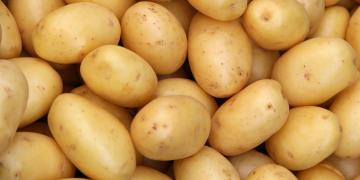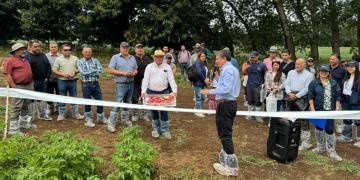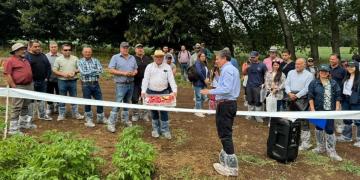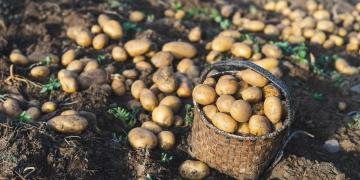Netherlands: A kilo of potatoes for a few cents, but a cone of fries doesn’t get any cheaper
The price per kilo for potatoes has dropped significantly in recent months.
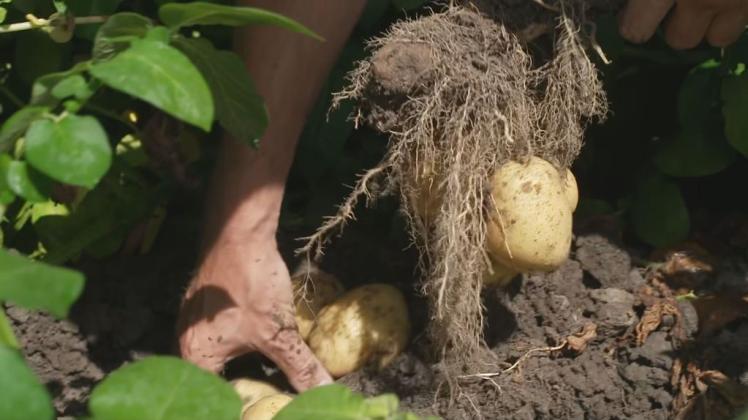
Where a potato farmer used to get 30 to 60 euros for 100 kilos of French fries on the open market, that’s now only a few euros. In other words, a farmer now only gets a few cents for a kilo of potatoes.
Because potato prices have been so high in recent years, farmers have increased their production significantly, both in Europe and elsewhere. When supply is high, prices drop.
Contracts
Potato farmers are used to fluctuating prices, says Jan de Ruyter, arable farming sector economist at ABN Amro. For a large portion of the harvest, the price has been fixed in contracts for quite some time.
Potatoes sold outside of contracts can be stored at the farm after harvest. This allows arable farmers to wait until prices rise slightly on the open market.
Maybe they’ll be incredibly expensive again next year.
Marcel Norder, snack bar De SchelpA low potato price doesn’t mean a family-sized bag of fries at the cafeteria is getting cheaper, says Frans van Rooij, founder of the Professional Fryers’ Association. According to the association for cafeteria owners, a portion of fries costs much more than just the potato.
Marcel Norder of snack bar De Schelp agrees. "We have to deal with expensive equipment, oil, high personnel costs... and you want to continue delivering the same quality. If we pay significantly less, we’ll naturally take that into account. They might be exorbitantly expensive again next year. But usually, it stays the same, so the consumer continues to pay the same."
Despite the falling prices, potato farmers can still sell their products. Demand for fries is rising worldwide, observes Barend Bekamp, an agriculture specialist at Rabo Research. This includes countries like China, where fast food is becoming more popular. "European or Dutch fries will certainly benefit from that."
Potato producers like Aviko and McCain are responding by investing heavily, says ABN AMRO banker De Ruyter. "They’re building new facilities to process the potatoes, both in Asian and European countries."
Arable farmers are likely to have a good harvest season. The outcome of the potato harvest depends on the weather. For example, if there’s excessive rainfall for too long, the harvest could be disappointing. The harvest will continue into the autumn.
Changing market
Both bank economists see some challenges ahead for the potato sector. The market has been changing for some time, especially now that the Asian market is growing. Bekamp: "How quickly will that change, and will they also start exporting themselves?"
According to De Ruyter, the Netherlands can still benefit from this. "We’re also strong in the seed potato market—the potatoes you plant to make more."
Fuente: nos.nl

